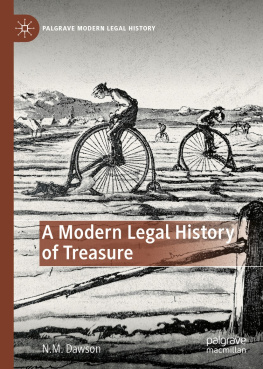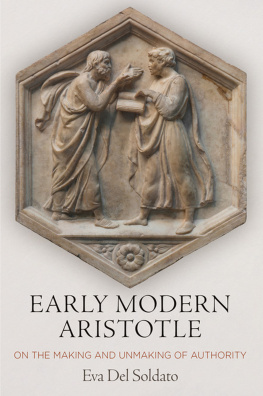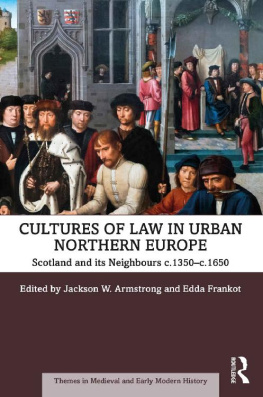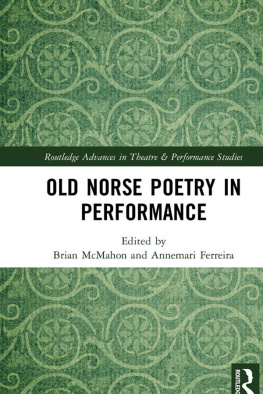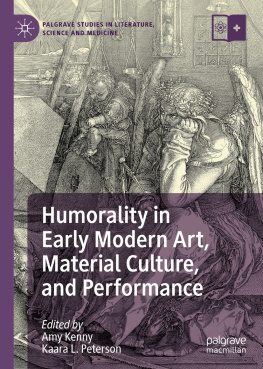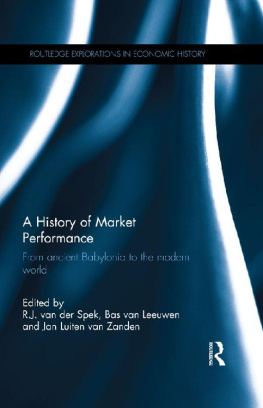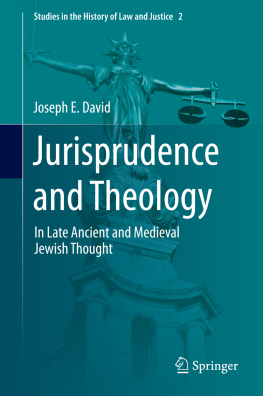Law and Literature
The Law and Literature series publishes work that connects legal ideas to literary and cultural history, texts, and artifacts. The series encompasses a wide range of historical periods, literary genres, legal fields and theories, and transnational subjects, focusing on interdisciplinary books that engage with legal and literary forms, methods, concepts, dispositions, and media. It seeks innovative studies of every kind, including but not limited to work that examines race, ethnicity, gender, national identity, criminal and civil law, legal institutions and actors, digital media, intellectual property, economic markets, and corporate power, while also foregrounding current interpretive methods in the humanities, using these methods as dynamic tools that are themselves subject to scrutiny.
Series Editors
Robert Spoo, University of Tulsa
Simon Stern, University of Toronto

Great Clarendon Street, Oxford, OX2 6DP, United Kingdom
Oxford University Press is a department of the University of Oxford. It furthers the Universitys objective of excellence in research, scholarship, and education by publishing worldwide. Oxford is a registered trade mark of Oxford University Press in the UK and in certain other countries
Julie Stone Peters 2022
The moral rights of the author have been asserted
First Edition published in 2022
Impression: 1
All rights reserved. No part of this publication may be reproduced, stored in a retrieval system, or transmitted, in any form or by any means, without the prior permission in writing of Oxford University Press, or as expressly permitted by law, by licence or under terms agreed with the appropriate reprographics rights organization. Enquiries concerning reproduction outside the scope of the above should be sent to the Rights Department, Oxford University Press, at the address above
You must not circulate this work in any other form and you must impose this same condition on any acquirer
Published in the United States of America by Oxford University Press
198 Madison Avenue, New York, NY 10016, United States of America
British Library Cataloguing in Publication Data
Data available
Library of Congress Control Number: 2021949555
ISBN 9780192898494
ebook ISBN 9780192653598
DOI: 10.1093/oso/9780192898494.001.0001
Printed and bound by CPI Group (UK) Ltd, Croydon, CR0 4YY
Links to third party websites are provided by Oxford in good faith and for information only. Oxford disclaims any responsibility for the materials contained in any third party website referenced in this work.
For Kaia and Nathaniel
Acknowledgments
A number of institutions have supported this project as it evolved, most notably the Columbia and Harvard English Departments and the Guggenheim Foundation. I am indebted to them, as well as to the many librarians who have offered vital assistance: Ian Beilin and Jeffrey Wayno, to whom I have repeatedly turned for their erudition and their ability to answer the most obscure of questions; Insaf Ali, Mayra Alvarez, Nancy Friedland, Hollyann Kozlowski, Meredith Levin, the indefatigable Nikhil Raghuram, John Toffanelli, and Sherry Wei.
This book would not have been possible without the extraordinary group of research assistants with whom Ive had the good fortune to work during the projects various phases. Two of these served more as colleague-consultants than as assistants: the medievalist Eugene Petracca, whose vast learning saved me from many errors; and the classicist Francesco Cassini, who made several key scholarly discoveries. Their translations appear throughout this book. Nathan May, on whose brilliant research skills I came to depend, became the projects mainstay. Clara Beccaro spent hundreds of hours, often working around the clock. Others who made significant contributions include Berra Akcan, Toby Berggruen, Josue Chavez, Lauren Green, Nicholas Lopez, Sofia Riva, Chloe Schneewind, and Melanie Shi. I am profoundly grateful for what each brought to the project.
While no portion of this book has previously appeared in print, I have published a number of essays that developed its theoretical armature, and have received invaluable feedback on these from collection editors: Elizabeth Anker, Maksymilian Del Mar, Lawrence Douglas, Mitchell Greenberg, Bernadette Meyler, Subha Mukherji, Austin Sarat, Simon Stern, Martha Merrill Umphrey, and Richard Weisberg. Many of these essays began as talks or seminar presentations: at the American Comparative Literature Association, Amherst College, Harvard Law School, John Jay College of Criminal Justice, the NEH Summer Institute for College and University Faculty, New York University, Queen Mary College (University of London), the Stanford Law School Law and Humanities Workshop, Trinity College Cambridge, UC Berkeley, the UCLA Center for Medieval and Renaissance Studies, the University of Lisbon Faculdade de Letras, and the University of Toronto Law School. I am indebted to my interlocutors there, as well as to the many students with whom I have discussed this work both in and out of the classroom.
I am also thankful to those who responded generously to my queries, made helpful suggestions, small and large, or otherwise offered their time and wisdom: April Alliston, Laurie Barron, Daniel Blank, Sarah Cole, Jean-Michel David, Francesco De Angelis, Frdric Elsig, Alison Feit, David Freedberg, Thomas Fudge, Rhonda Garelick, Darren Gobert, Max Harris, Jean Howard, Rebecca Kastleman, Laura Kendrick, Pamela King, John Kuhn, Maureen Miller, Molly Murray, Alan Nelson, Andy North, Adam Peters, Lisa Peters, Sarah Rose, Kirsi Salonen, Wolfgang Schild, Karl Shoemaker, Andrew Solomon, Alan Stewart, Eloisa Thompson, Jerome Wakefield, Hannah Weaver, Lauren Whitney, W. B. Worthen, and Claire Zion.
I am especially grateful to those who took time to read and respond to my unduly long chapter drafts or (in some cases) the entire manuscript: Leanne Bablitz, Christopher Baswell, Maksymilian Del Mar, Helene Foley, Thomas Fudge, Peter Goodrich, Eleanor Johnson, Bernadette Meyler, C. D. C. Reeve, and the anonymous OUP readers. I owe a particular debt to the OUP Law and Literature series editors, Robert Spoo and Simon Stern, who not only enthusiastically welcomed my contribution and read multiple drafts, but went to extraordinary lengths to track down image permissions, troubleshoot, and generally offer support and friendship. I feel very lucky to be included in their series, as well as to be working with the OUP editorial team, most notably Jacqueline Norton, Aimee Wright, and Philip Dines, and with Jayaprakash P. (JP), whose expert and gracious guidance has helped speed the book through production.
My interlocutors also, of course, include the many colleagues, friends, and relatives whose conversation sent me down new pathways, inspired revelations, opened worlds, or illuminated the shadows, or whose friendship offered consolations intellectual and otherwise during the journey: too many to name, but they are here between the lines. I am grateful to Sandra Peters for the magical sanctuary in Mexico where this book finally took shape, and to the memory of Melvin Peters who created that sanctuary and whose spirit still resides there. It is to the memory of Sandra Stone that I owe whatever poetry may be in these pages. Above all, I am indebted to Nathaniel Berman, my greatest interlocutor, supporter, partner in all senses, and to Kaia Berman Peters, ever-astonishing daughter and comrade: my ultimate inspiration and moral compass.


